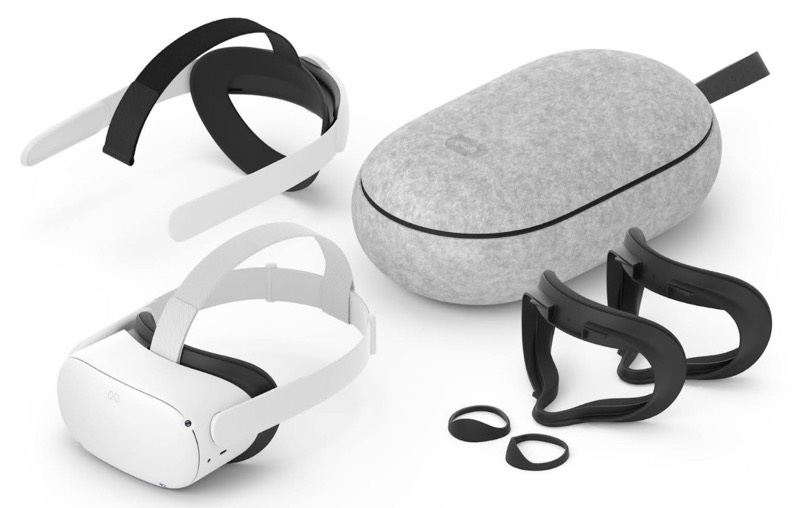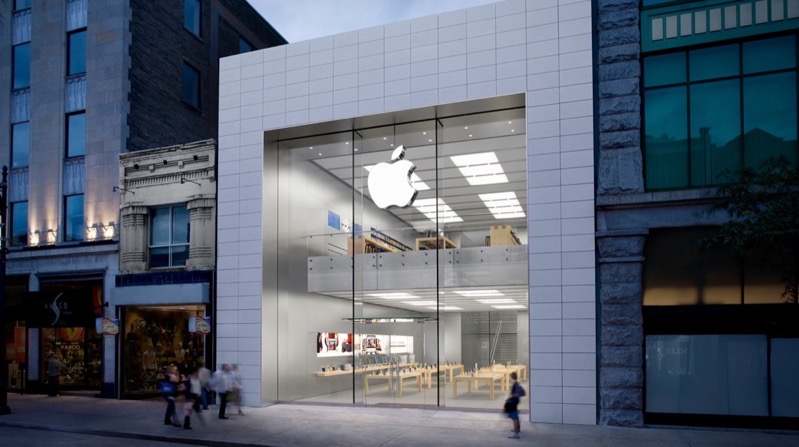
Apple Was Under Gag Order When Complying with Trump Subpoena

Apple says it handed over Democrats’ personal metadata to the Trump administration’s Department of Justice (DoJ) in compliance with a subpoena for the information, but was unaware of who the data belonged to — reports CNBC.
A big proponent of user privacy, Apple has made a point of challenging any requests for user information from law enforcement or governments. However, in this case, Apple was compelled by a grand jury and federal judge to furnish the data, complete with a gag order to keep shush about it.
After it was recently reported that former U.S. President Donald Trump’s DoJ hunted down at least a dozen records from people involved with the House intelligence panel looking into reports of Trump’s contacts with Russia, Apple shed a bit of light on the matter.
According to Apple, the iPhone maker received a subpoena from a federal grand jury on Feb. 6, 2018, requesting data belonging to what looked like some random email addresses and phone numbers. Apple says it handed over the identifiers it had for those on the list that were Apple customers, but could not for those that weren’t.
The subpoena was accompanied by a nondisclosure order from a federal magistrate judge, preventing Apple from notifying those targeted by the subpoena or anyone else about what had happened until May 5 of this year.
Once the gag order lifted, Apple broke its silence on the matter and promptly alerted those affected by it. Apple says the subpoena did not provide any details about the nature of the investigation, and that the company could not have known who the targets were.
Fred Sainz, a spokesperson for Apple, said the following in a statement:
We regularly challenge warrants, subpoenas and nondisclosure orders and have made it our policy to inform affected customers of governmental requests about them just as soon as possible. In this case, the subpoena, which was was issued by a federal grand jury and included a nondisclosure order signed by a federal magistrate judge, provided no information on the nature of the investigation and it would have been virtually impossible for Apple to understand the intent of the desired information without digging through users’ accounts. Consistent with the request, Apple limited the information it provided to account subscriber information and did not provide any content such as emails or pictures.
Microsoft recently came out to say that they received a similar subpoena in 2017 for what they later found out was the email account of a congressional staffer, revealing how rampant a problem this has become.

